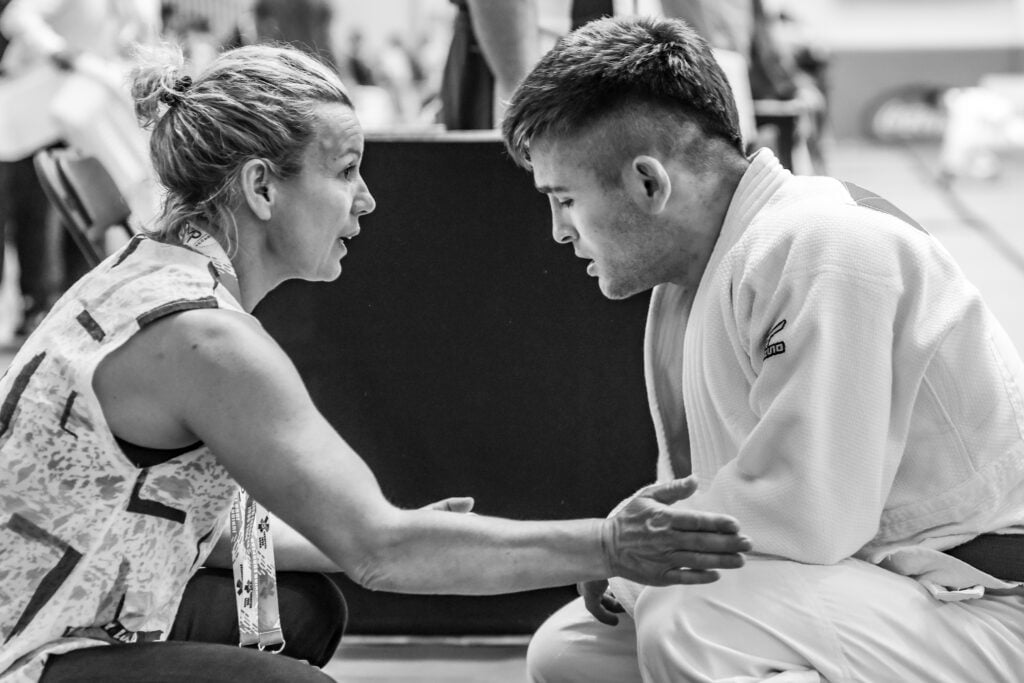As a part of a brand new initiative highlighting each the core values of judo and the precept of Jita Kyoei, the EJU seeks to bolster the importance of those beliefs past the game itself, integrating them into on a regular basis life and strengthening the neighborhood’s connection to judo’s philosophy. This initiative serves as a reminder that judo isn’t just a sport but additionally a strong instructional device. Every worth is represented by a devoted ambassador and for the month of February, the main focus is on COURAGE. Main the way in which as ambassador of the month is none aside from Paris 2024 Olympic bronze medallist, Gabriella WILLEMS.


Braveness in judo is a elementary worth that extends past bodily bravery. It’s the psychological resilience to face challenges, the perseverance to maintain bettering and the willingness to confront each opponents and private limitations.
Stepping onto the tatami requires braveness, particularly when going through a stronger or extra skilled opponent. Worry of failure, damage or defeat is pure however judoka be taught to push by way of these fears, trusting their coaching and instincts. True braveness in judo will not be about being fearless however about appearing regardless of concern.
Many nice champions have confronted failure earlier than attaining success, demonstrating that resilience and progress are important parts of the journey. Willems shares her perspective on the that means of braveness:
For me the judo worth braveness, means to have the braveness to return again from troublesome set backs, particularly whenever you re injured and you aren’t feeling at your greatest.
Committing totally to every approach additionally requires braveness. Judoka should belief their expertise and adapt shortly, realizing that solely by way of full dedication can they execute their strategies successfully. Past the bodily and psychological facets, judo additionally teaches ethical braveness. Judoka are inspired to uphold integrity, equity and respect, each on and off the mat. Prof. Jigoro Kano, the founding father of judo, emphasised the precept of “mutual welfare and profit,” encouraging judoka to make use of their energy ethically and to face up for what is correct.

Braveness in judo isn’t just about victory, it’s about assembly challenges with dedication, humility, and resilience. Whether or not on the mat, in competitors or in on a regular basis life, true judoka embrace braveness as a way of progress, striving to turn out to be stronger and higher people.
Writer: Szandra Szogedi
Share
Tweet
Telegram
WhatsApp
E-Mail

